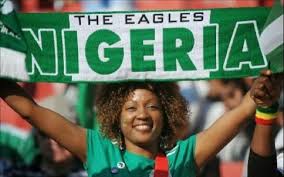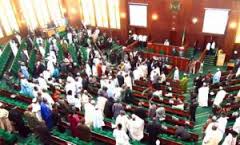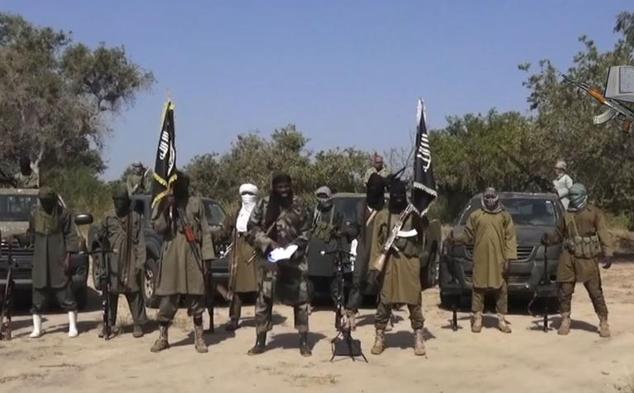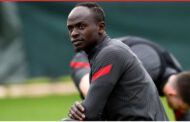Nigeria surrender Afcon crown as Keshi nears the end of the road
The Nigerian Super Eagles Wednesday evening flunked the opportunity to make it to 2015 African Cup of Nations, when they failed the the better of South Africa’s Bafana Bafana.
Nigeria failed to stamp authourity in a game it needed to beat South Africa, which had already qualified before the game. Contrary to the expectations of many Nigerians, it was the South Africans that put two through Nigeria’s posts. Nigeria had to struggle to reply and draw even with the visitors, who played one man less for close 20 minutes.
Super Eagles needed to beat South Africa in Uyo, but could only manage a draw, and have lost their continental title before the finals have even begun.
Many Nigerians had hoped that the Super Eagles would rise up to the occasion to beat the South Africans that have not beat Nigeria in a competitive match since 1996. Besides, Bafana Bafana had secured qualification already, so they were only playing for pride in Uyo.
Effectively, Nigeria that was AFCON champion in 2013 cannot make it to Equatorial Guinea, who is to host the tournament after Morrocco renounce its hosting commitments because of Ebola fear.
Stephen Keshi made the expected alterations, all enforced: Raheem Lawal replaced Hope Akpan, stricken by injury, and Kenneth Omeruo came straight into the side for the suspended Godfrey Oboabona. The Middlesbrough man did not look at all fit, and was caught in possession for Bafana Bafana’s second goal.
The replacements were like-for-like but the set-up was different. John Obi Mikel played as a No.10, while Ogenyi Onazi and Lawal held behind him in a 4-2-1-3, though neither is natural in such a role. The Chelsea man, meanwhile, has played increasingly advanced positions throughout the qualifiers, but this was escalation at its most extreme, the most complete opposite of his club persona.
The surprise was that he did it quite well. He caused Dean Furman problems repeatedly, drawing the Bafana captain out of position and forcing him into clumsy fouls. The problem was no one was moving into the space vacated; Uche came short a couple of times, but his touch was persistently poor.
The Super Eagles had three excellent opportunities in the first half, all of which fell to Ahmed Musa. The first from when he won the ball in the centre circle, the second after a harmless ball was allowed to run through, and the third after Mikel turned quickly in midfield and slid him in. Tellingly, none came from any sustained possession or incisive build-up. The CSKA Moscow man failed to capitalise, but all three came from runs no one else in the team would have made. Even on a bad day, Musa remains invaluable.
The South Africans were not particularly impressive either defensively or going forward. Too much relied on the fearless running of Tokelo Rantie. Shakes Mashaba instructs his team to defend in two very narrow banks of four, but it is as much a trap as a weakness: by encouraging the opposing full-backs forward, his two strikers can isolate the centre-backs and run at them.
.
The opener predictably came via this route: Rantie pulled into the channel, shrugged off Lawal, sped past Azubuike Egwuekwe and finished beautifully. It was coming – the forward had wasted an opportunity earlier in the half when Omeruo gave away possession cheaply, firing over when a square pass was on.
After the break, Rantie and Bongani Ndulula worked a lot harder to close the ball down. Whereas the Super Eagles were able to fire the ball into Mikel to tempt out Furman in the first half, they now struggled to play the initial pass out of defence, with the two forwards blocking passes into Onazi and Lawal.
The second goal was a direct consequence as, seeking to play out from the back, Omeruo was muscled off the ball by the Bournemouth striker, who went round Vincent Enyeama to complete his double.
As in the last two games, the introduction of Sone Aluko made an impact. The Hull City man picked the perfect time to open his goal account for the Super Eagles, but it was all too late. In other circumstances, the fight-back to tie at 2-2 would be applauded, but the news that Congo had done the business in Khartoum put paid to the ambitions of the African champions – a title they have meekly surrendered.
Keshi has run his course as coach now, surely. He took over a team that had failed to qualify for the 2012 Afcon in Equatorial Guinea and Gabon, and took them to the pinnacle of the continental game in just over a year. But the astounding highs of 2013 only make the abysmal failure of the latest campaign all the more tough to take.














